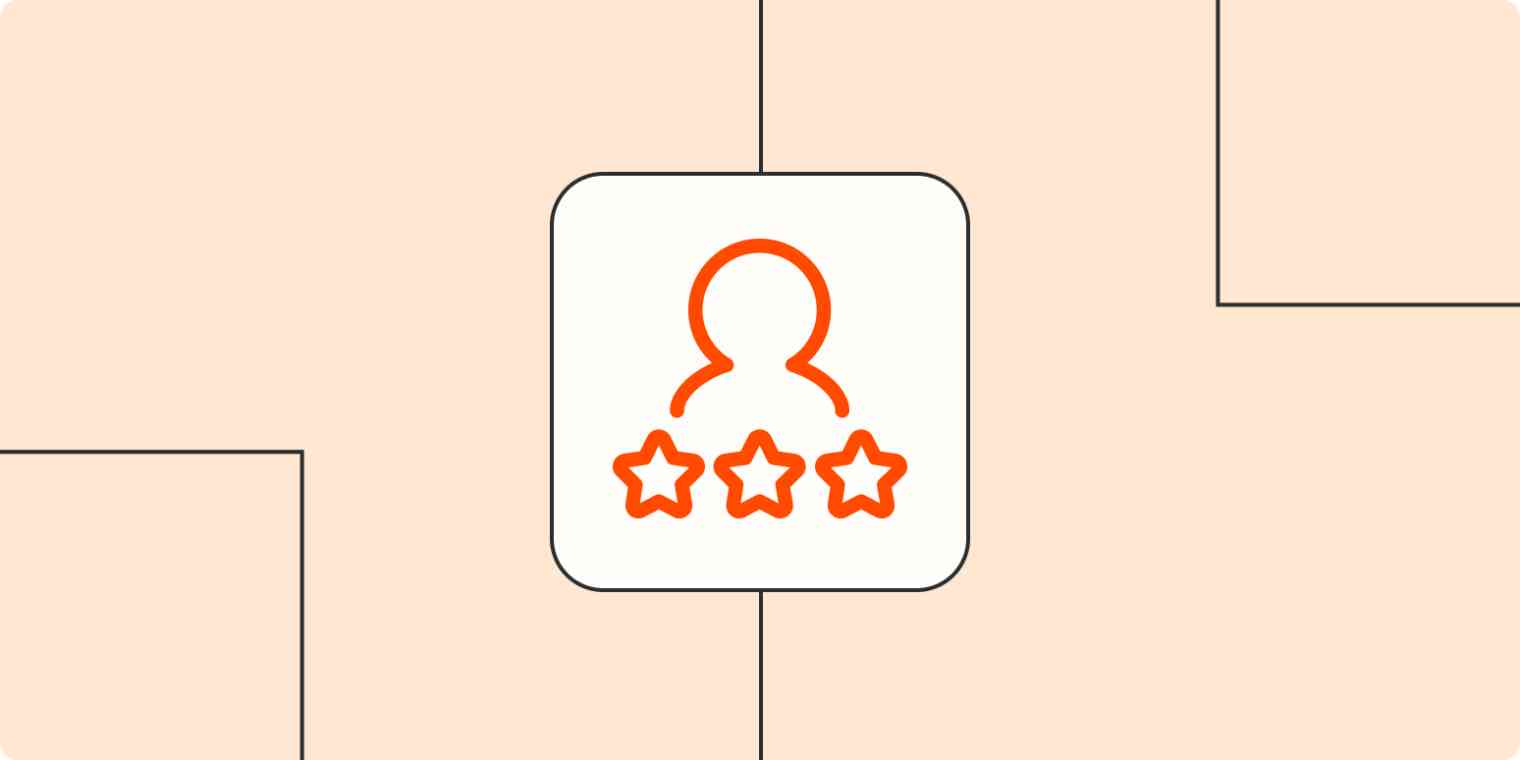The day after my first session with my business coach, Rick DeJarnette, he fell 30 feet in a freak rock climbing accident, breaking three vertebrae, two ribs, his left ankle, and his right shoulder blade—as well as suffering a concussion.
He was lucky to be alive.

I heard about the accident through a mutual friend and assumed I wouldn't hear from Rick for a while as his body was literally broken and he had better things to attend to than his new mentee. But just a few days later, he and his wife invited me over for pie. I was floored.
Rick and I resumed our coaching sessions the following week, meeting in his living room, where he moved between a hospital bed and a wheelchair for months while healing. I would sit directly in front of him so he could see me, as he couldn't move his neck.
He wasn't going to let this devastating accident stop him. His conviction was arresting—and I was definitely paying attention.
Why hire a business coach?
I first met Rick when I was seated next to him and his wife at a charity dinner, then bumped into them again at a church event several months later. I mentioned to his wife that I was at my wit's end at work, stressed with managing growth in my small business. She remarked, "you should talk to Rick." I wasn't aware at the time that he had more than a decade's experience in consulting and was coaching executives at all levels. At her suggestion, Rick and I met over coffee, and it was quickly apparent that his guidance and perspective were a perfect complement to my needs.
I'm a capable publicist, businesswoman, and leader, but I haven't been to business school, and I don't have a business partner. I felt there were major gaps in my knowledge, exposed time and time again in the relentless challenges faced when starting and running your own business. Some I could handle in stride, while others really took me down emotionally and financially.
Rick didn't give me the answers or tell me how I should run my company. Instead, he bolstered my decision-making and prioritization skills and gave me a new perspective on how to analyze and approach a problem. Thanks to Rick's smart direction, above everything, I have gained confidence in my ability to lead my own company. To trust my gut, yes, but more so, to intentionally access my expertise and capability, solid in the knowledge I can now apply it more powerfully.
Previously in his career, Rick worked as a consultant. The way he explains it, a consultant is hired to provide discrete solutions, whereas a coach is a partner and a catalyst that acknowledges that you are creative, resourceful, and whole. A consultant might provide a specific financial model requested, whereas a coach will partner with you to maximize leadership effectiveness or help you scale and grow a company.
The 3 best lessons I learned from my business coach
Rick has been coaching me for almost four years now. We've both come a long way from those living room lessons after his accident. I've grown my team and company to the largest it's been, and Rick left the consulting firm he was at to launch his own practice. I want to share with you the three most meaningful lessons I've learned from our years of sessions together—those teachings he valued so much that his own recovery couldn't wait.
Lesson 1: Understand urgent vs. important
The eternal fight between urgent and important. Of everything Rick and I have discussed over the last four years, this was the most foundational and transformative lesson. It was also our very first topic, covered in our very first meeting, back in January 2018.
And even with years of work on this concept, it's still something I wrestle with daily.
Urgent versus important speaks to the conflict that occurs between those timely, pressing to-dos that come up during the day and the crucial items that are central to your business. Urgent is an email from a client requesting a quick answer; important is writing a new business proposal or hiring a new employee. Often, the urgent items overwhelm, taking time away from accomplishing those important items.
As a business leader, time is your most scarce resource. Urgent versus important represents the need for the relentless prioritization of what's most important at any given time, knowing you're always inundated with competing priorities: employees, clients, finances, the list goes on. How do you separate the signal from the noise?
This isn't a lesson you can neatly learn. The answer isn't always to select the important over the urgent. It's an equation that's always changing, so it's about understanding the balance. And as your business continues to expand, it becomes more complicated and complex.
Rick always asks me: "How conscious are you of the trade-offs you're making?" There's no solution to this problem, but it's easier to manage if you're aware and acting intentionally.
Lesson 2: Put on your CEO hat
As small business owners, we wear countless hats: business development, manager, HR, IT, salesperson, and worker bee. But we're also the CEO.
That's why Rick's common refrain to me is: "Time to put on your CEO hat." When he utters that phrase, it's a shorthand. He's reminding me to change my perspective.
It encourages me to step into a specific space: the mindset of the CEO, fully embodying the leadership I want for my company, Golden Word. I get out of a scrappy, limited, small business mindset. I shed my own personal take on a situation for a more clear-eyed objectivity of a (hopefully) wise leader.
The CEO is willing and able to confront and deal with hard things, the parts of the business that non-CEO me often wants to avoid. Putting on the CEO hat is tantamount to saying, like it or not, I have to dive into these deeper, harder issues. The CEO is also coming from a position of boldness and permission, given the latitude to address those issues as needed. It's at once empowering, challenging, and encouraging.
Lesson 3: Play big
Playing big means realizing your potential, maximizing your leadership effectiveness, and then acting on it.
The tendency as a business owner can often be to play it safe and stick with incremental, marginal growth. Playing not to lose. Or, after a number of years in business, you could slip into a status quo and forget what could be. Playing big embraces the opposite mentality—it's an invitation to boldly step forward as a company, to boldly chase those goals, even when it emotionally feels like there's a tiger crouching at the door, about to pounce.
This means going beyond making hard decisions, and actually taking calculated risks.
As we work together, I can't help but think how Rick's own life-threatening accident put his lessons on prioritization and impact in sharp relief for me. As a business leader, how can I maximize my impact? As a woman with finite time on this planet, how can I maximize my impact?





